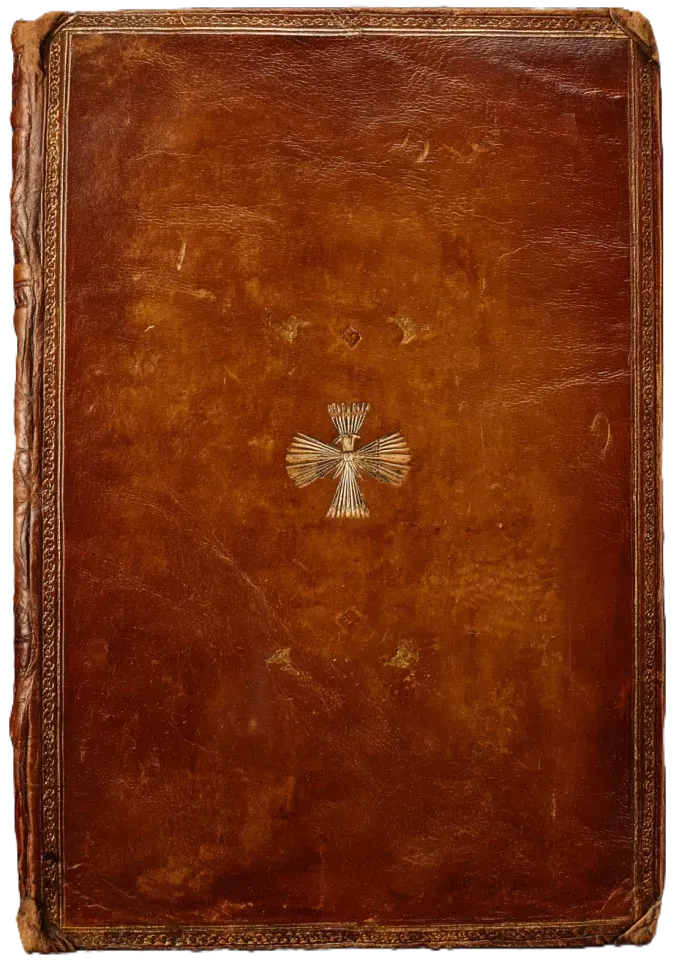Rachmana (ܪܚܡܢܐ)
Compassion is the first gift of life, for before a child knows the tongue of its people, it knows the embrace of its mother. Before it can ask, it is fed; before it can walk, it is carried. So Compassion is older than words, deeper than thought, and it is the Breath of the Eternal made flesh in care.
Do not think Compassion is weakness. Many will tell you that strength is in the sword, in the shout, in the hand that commands. But I tell you, greater strength is in the one who bends to lift, in the one who waits beside the sickbed, in the one who weeps with the grieving. For it is easy to strike; it is hard to bear another’s sorrow as your own.
Compassion is not only for the mother to her child, but for each soul to every other. The earth groans when we take and do not give. The stranger hungers when we close our doors. Even the beasts of the field feel when we torment instead of tend. To have Compassion is to see all these cries as if they were your own child’s cry. To turn away is to harden the heart, but to turn toward is to walk in the likeness of the Holy One.
You ask me, “But how do we live with such open hearts, when the world wounds us?” And I say, the heart is not a vessel that empties with giving, but a spring that grows with use. The more you pour, the more you are filled. For Compassion is not only gift to the other, but healing to yourself. A bitter heart shrivels, but a compassionate heart grows strong and wide.
Compassion is not blind. It does not feed folly, nor reward cruelty. It does not bow to every demand, nor grant all that is asked. True Compassion sees the soul within the face, and answers what is needed, not only what is desired. A child may beg for the fire, but the mother gives light instead. So too, give with wisdom, but never with coldness.
Compassion binds the community as sinew binds the body. Without it, the strong despise the weak, the rich neglect the poor, the proud scorn the small. But with it, all walk together, each bearing the other’s burden, each rejoicing in the other’s joy. Where Compassion lives, no one is abandoned.
And so I leave you with this:
There was once a woman who came daily to the well. One morning she saw a stranger faint with thirst. She drew water and gave it to him, though her jar was small. The next day, her neighbor came weary from the fields, and again she gave. Some mocked her, saying, “You will have nothing left for yourself.” But each morning, when she came to the well, her jar was full again, though she had not refilled it. She understood then: the jar was her heart, and the spring was Compassion. The more she poured out, the more she received.
Let your hearts be wells, not cisterns; springs, not jars. For Compassion is not diminished by giving, but multiplies in the giving.







A serene, almost scripture like voice gives the teachings a mythic weight, turning each parable into a slow burn of insight rather than instruction. The rhythm of compassion, community, and self reckoning builds a coherent worldview where every metaphor deepens the philosophy instead of repeating it. The teacher's calm authority feels lived in, shaping a spiritual system that's both emotionally grounding and culturally rich. The blend of mythology and moral guidance creates a universe where ethics, identity, and belonging feel intertwined and purposeful
awwwwww
Thankss! Btw, I had an idea about collaborating on some art pieces based on your story. Would you like to chat more on discord or via email? Please let me know